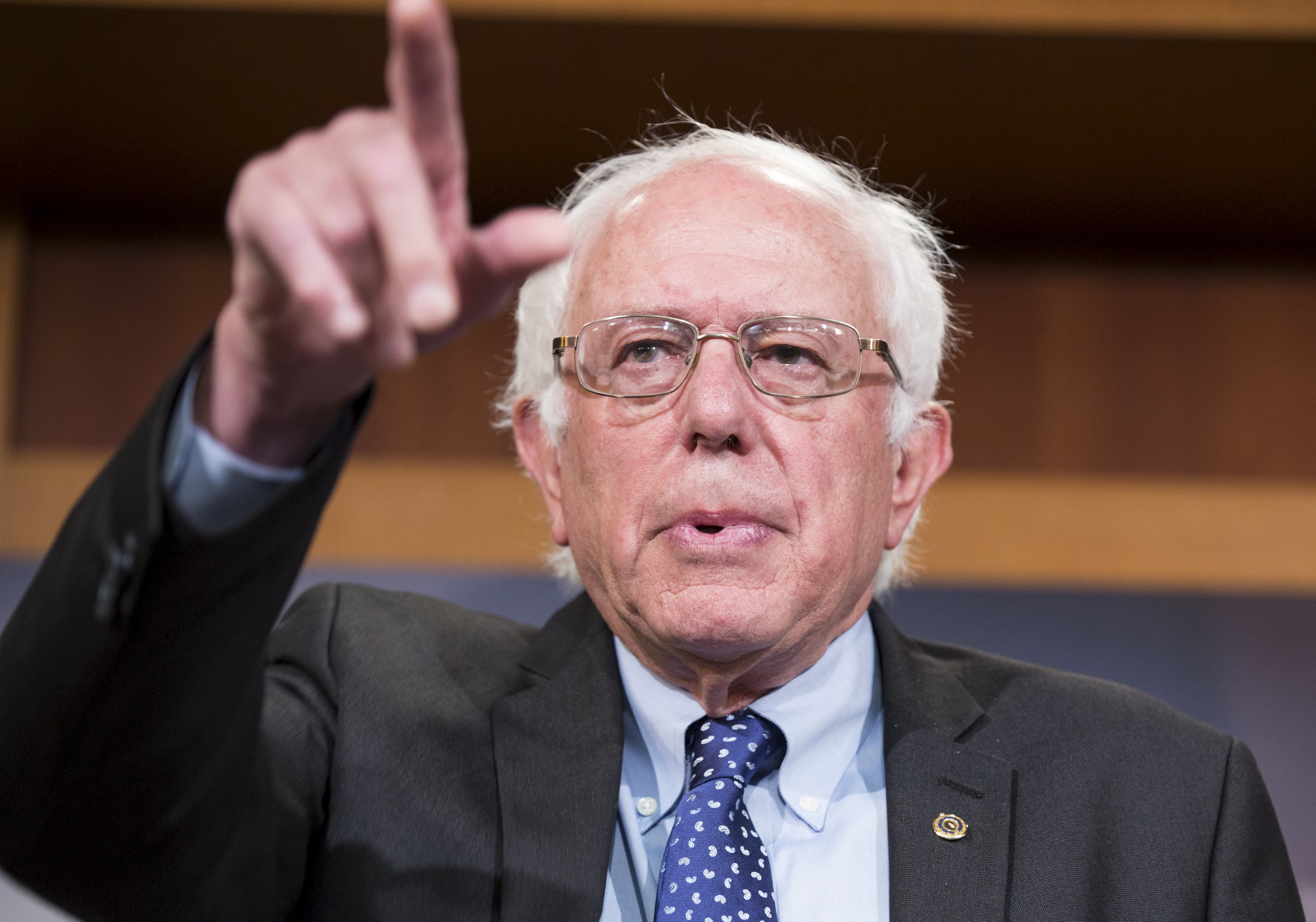The Bernie Sanders phenomenon has been driven almost entirely by white supporters. Now the Vermont senator is out to overcome hurdles with black voters who are still learning about him and could shape whether his underdog campaign for the 2016 Democratic nomination can last.
Sanders, who organized sit-ins over segregated housing as a college student during the civil rights movement in the 1960s, must cut into Hillary Rodham Clinton's advantage with African-Americans if he's to do well in South Carolina's February primary, where more than half the Democratic voters are expected to be black, and in other Southern states that hold their contests in March.
Polls find the independent Vermont senator building a lead over Clinton in New Hampshire and closing the gap in Iowa, two mainly white states that lead off the state-by state nominating contests to determine the Democratic candidate. They are very much unlike the more diverse states of Alabama, Georgia, Tennessee, Virginia and others that are among the states holding primaries on the so-called Super Tuesday.



